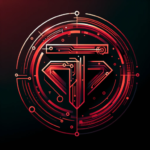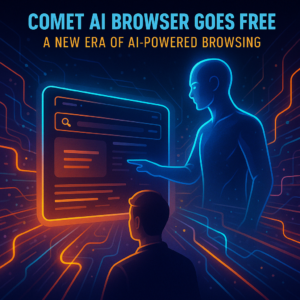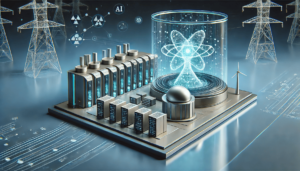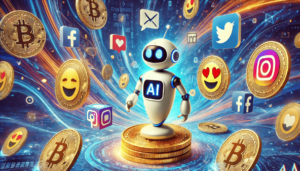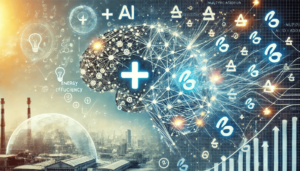The Human-AI Conundrum: Navigating the Future of Jobs in the Age of Artificial Intelligence
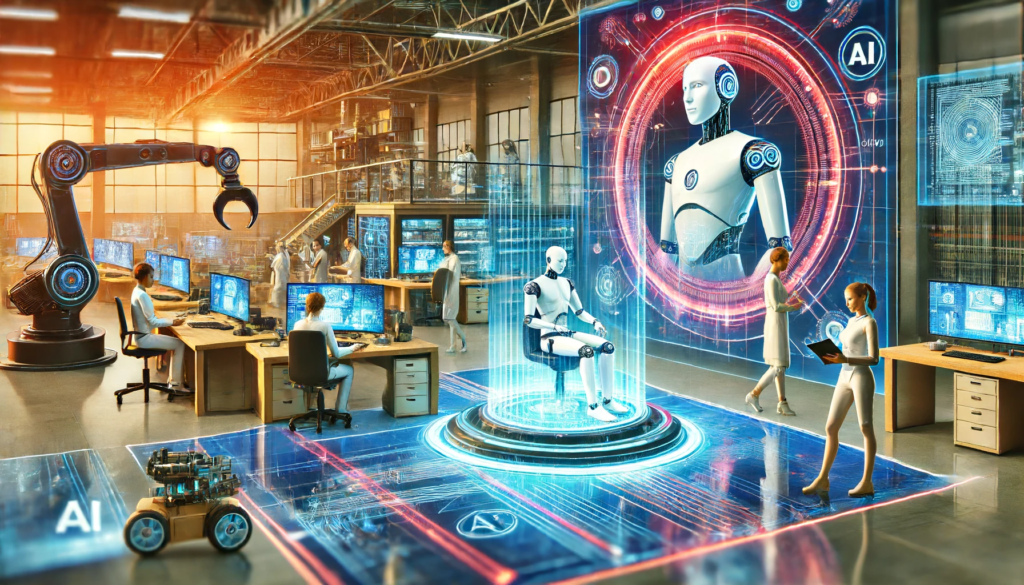
A glimpse into the future: humans and AI working side by side in a high-tech office, integrating advanced technology into daily tasks.
- How is AI impacting the job market, particularly in creative industries like copywriting?
- What are the ethical implications of AI replacing human jobs?
- How can workers adapt effectively to the rise of AI in their professions?
The rapid advancement of artificial intelligence (AI) is reshaping various industries, posing significant challenges and opportunities for the workforce. A recent article by Thomas Germain on BBC sheds light on the profound impact AI is having on the job market, particularly within the realm of copywriting. This analysis delves into the broader implications of AI on employment, the ethical considerations, and how workers can adapt to this transformative technology.
The Rise of AI in the Workforce
Artificial intelligence has made significant strides in recent years, with applications ranging from automated customer service to advanced data analysis. In the world of copywriting, AI tools like ChatGPT are increasingly being used to generate content that was once exclusively crafted by human writers. Benjamin Miller, a pseudonymous writer featured in Germain’s article, experienced this shift firsthand when his tech company introduced an AI system to automate content creation. Initially tasked with editing AI-generated outlines, Miller soon found himself performing final edits on articles entirely written by AI, ultimately leading to the downsizing of his team and his own redundancy.
This scenario is not unique to copywriting. Many industries are witnessing similar trends where AI is being deployed to streamline operations and reduce costs. According to a study by Stanford University we discussed previously on this blog at this link, AI tools in the legal industry have shown a tendency to hallucinate or generate false information, raising questions about their reliability and the need for human oversight. This highlights the double-edged sword of AI: while it offers efficiency and cost savings, it also necessitates a human touch to ensure accuracy and relevance.
Ethical Implications of AI in Employment
The integration of AI into the workforce brings forth several ethical concerns. One of the primary issues is the displacement of human workers. As AI systems become more capable, there is a growing fear that many jobs will become obsolete. This concern is not unfounded; a report by the World Economic Forum predicts that by 2025, machines will displace about 85 million jobs globally. However, the same report also suggests that AI will create 97 million new jobs, emphasizing the need for a workforce that is adaptable and skilled in emerging technologies.
Another ethical consideration is the quality of AI-generated content. Miller’s experience underscores the limitations of AI in producing nuanced, high-quality writing. Despite advancements, AI often produces text that is formulaic and requires significant human editing to make it sound natural and engaging. This raises questions about the value of AI-generated content and its potential to flood the internet with subpar material, further complicating the job market for human writers.
Furthermore, the use of AI in creative industries poses challenges related to intellectual property and originality. As AI tools become more sophisticated, they can generate content that closely mimics human creativity, blurring the lines between human and machine-produced work. This has implications for copyright laws and the recognition of authorship, necessitating a reevaluation of legal frameworks to protect human creators.
Adapting to the AI-Driven Workplace
While the rise of AI presents challenges, it also offers opportunities for workers who can adapt and leverage this technology. One way to navigate this transition is through upskilling and continuous learning. As AI takes over routine and repetitive tasks, workers can focus on developing skills that are uniquely human, such as critical thinking, emotional intelligence, and complex problem-solving. The American Writers and Artists Institute (AWAI) has already embraced this approach, offering courses on AI tools to help copywriters enhance their productivity and creativity.
Additionally, understanding how to collaborate with AI can be a valuable asset. Rebecca Dugas, a seasoned copywriter, views AI as a “co-creative partner” that aids in brainstorming, market research, and refining ideas. This perspective highlights the potential for AI to complement human work rather than replace it entirely. By integrating AI into their workflow, workers can achieve higher efficiency and produce better outcomes, ultimately enhancing their value in the job market.
Moreover, the ethical use of AI requires transparency and accountability. Companies should adopt clear policies regarding the use of AI in their operations, ensuring that employees are aware of how the technology is being deployed and its implications for their work. This includes providing training on AI tools and fostering an environment where employees can voice concerns and provide feedback on their experiences.
The Future of Work in an AI-Driven World
The future of work in an AI-driven world will likely be characterized by a hybrid model where humans and machines collaborate to achieve optimal results. This shift necessitates a reevaluation of traditional job roles and the development of new career paths that leverage AI capabilities. For instance, roles such as AI trainers, explainability specialists, and AI ethicists are emerging as critical positions that bridge the gap between human and machine intelligence.
In the long term, the success of this transition will depend on the ability of organizations, policymakers, and educational institutions to anticipate the needs of the future workforce and provide the necessary resources and support. This includes investing in education and training programs that equip workers with the skills needed to thrive in an AI-dominated job market.
Additionally, addressing the ethical implications of AI requires a collaborative effort among stakeholders to establish guidelines and regulations that ensure the responsible use of AI. This includes safeguarding against biases in AI systems, protecting privacy, and promoting fairness and transparency in AI applications.
Embracing the Human Element
Ultimately, the key to navigating the AI-driven future of work lies in embracing the unique qualities that make us human. While AI can perform many tasks with remarkable efficiency, it lacks the emotional intelligence, creativity, and empathy that define human interactions. By focusing on these strengths and finding ways to integrate AI as a tool that enhances rather than replaces human work, we can create a more balanced and sustainable future.
The journey of individuals like Benjamin Miller illustrates the challenges and opportunities that come with the rise of AI in the workplace. As we move forward, it is essential to approach this transition with a critical eye, ensuring that the benefits of AI are realized without compromising the value of human labor. By fostering a culture of adaptability, ethical responsibility, and continuous learning, we can navigate the complexities of the AI revolution and build a future where technology and humanity coexist harmoniously.
For more insights on the evolving job market and the impact of AI, you can explore related articles on our blog, such as “The Future of Jobs in an AI-Driven World” and “Navigating the AI Revolution: Skills for the Modern Workforce” available at this link.
By critically examining the current landscape and preparing for the future, we can ensure that the integration of AI into the workforce benefits society as a whole, creating new opportunities and enhancing the quality of work for everyone involved.
